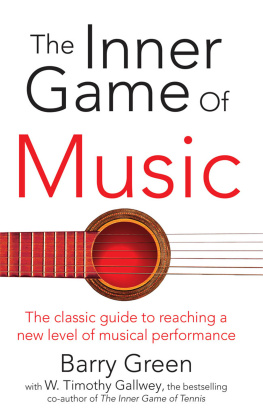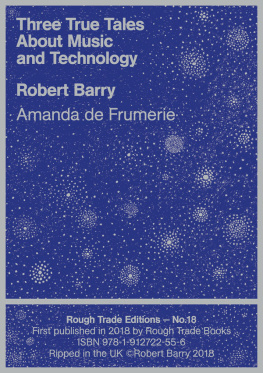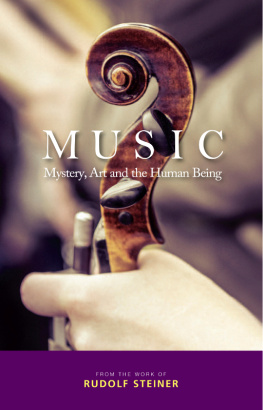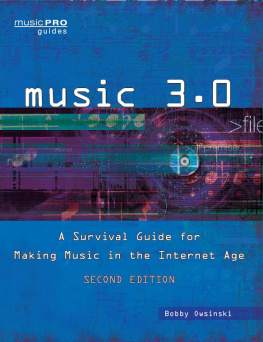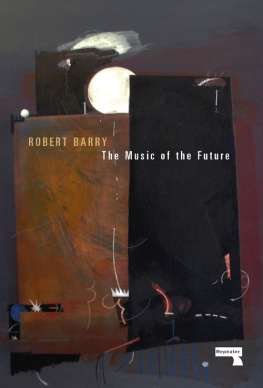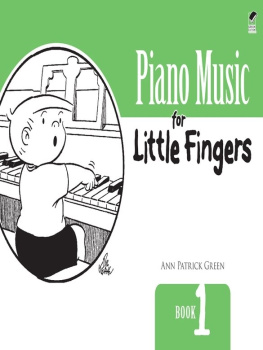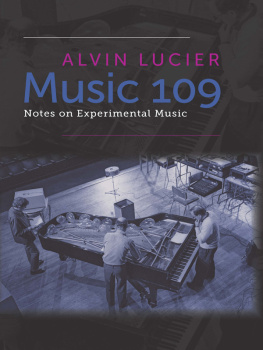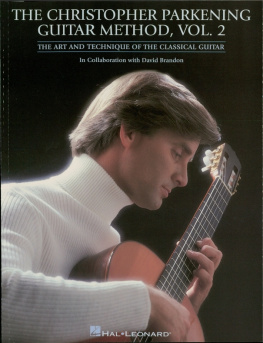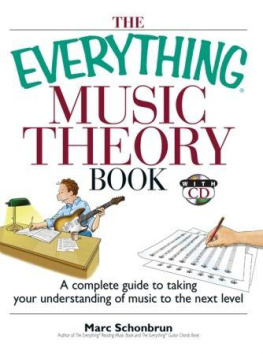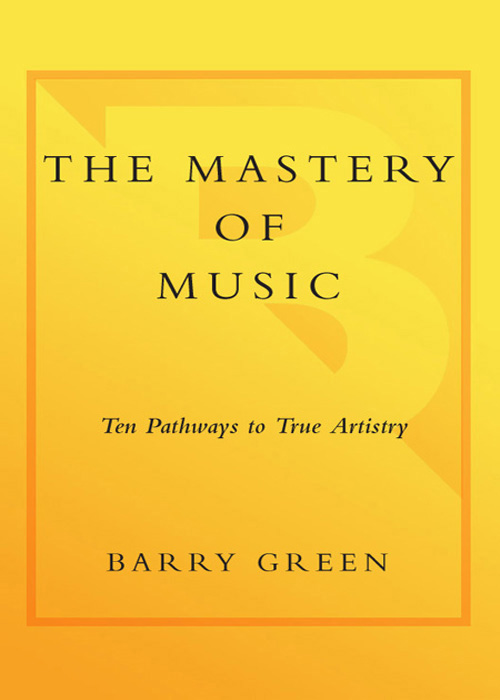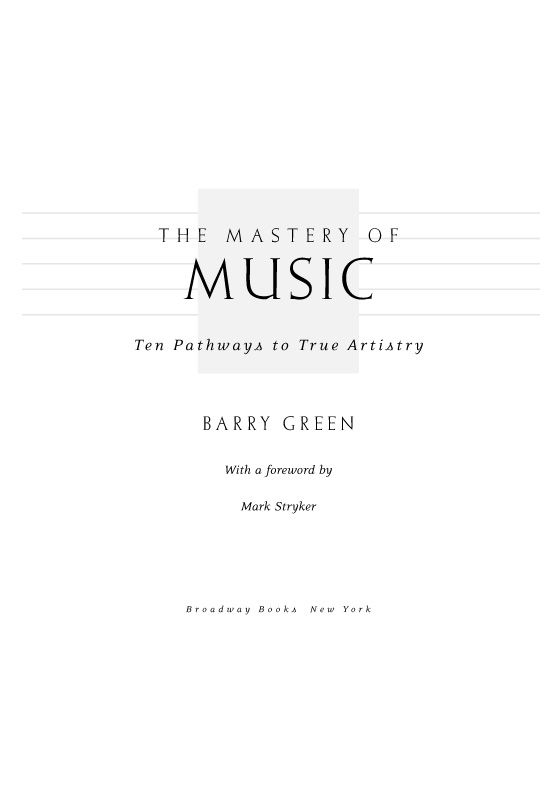PRELUDE
by Mark Stryker, Detroit Free Press music critic
I saac Stern was on the phone, speaking in advance of an appearance with the Detroit Symphony Orchestra in which he was to play the Bruch Violin Concerto. This was the fall of 1997. The great violinist was now seventy-seven years old, and it was no secret that his once impeccable technical command of the violin, purity of tone, and intonation had all deteriorated significantly from his prime. And yet Sterns performances still often managed to startle audiences with a depth of emotion and intellect that put to shame many of the whiz kids that populate the concert scene, whippersnappers who can breeze through the entire standard literature without making any mistakesand without making any music, either.
How, I asked Stern, did he do it? How did he manage to retain his artistry when the calendar had robbed him of his hard-won dexterity, stamina, and perhaps even some of his power of concentration? Stern, who could be as charming as a kitten or as gruff as a grouchy hound, sometimes in the same breath, paused for a moment. Of course there's a difference from how I once played, he growled. That's not the point. The question is how I use what I can do. Then his voice softened, as if he was about to share a secret. Technique is not music, he continued. Music is the thousandth of a millisecond between one note and another; how you get from one to the otherthat's where the music is.
You don't have to tell Barry Green that the essence of musicand the soul of the musicianlies between the notes. That's what The Mastery of Music: Ten Pathways to True Artistry is all about: exploring the marrow of music and helping musicians discover and communicate the creativity and character that rest within their own hearts and souls. And while Green has specifically written his book for the practicing musician, anyone with a passion for musicfrom symphony subscribers to, ahem, music critics will find that the contents open an intriguing and revealing window into the art of music making.
Remarkably, Green is exploring uncharted territory here. Countless books address the technical aspects of mastering an instrument and can help musicians learn to play faster, louder, and higher. Countless books profile great musicians, surveying the details of their lives, influences, styles, and recordings. But despite the lip service often paid to the mystical and magical realm of music beyond technique, few writers have developed a meaningful vocabulary to help focus our understanding of those qualities that separate the truly great musicians like Joshua Bell, Frederica von Stade, or Bobby McFerrin from the parade of aspirants marching behind them.
In typically generous fashion, Green believes the gap between the great and near-great isn't as wide as most of us might think. Green, whose previous book, The Inner Game of Music, has become a standard in the field and required reading in many music schools, is uniquely qualified to help every musician get in touch with their inner Isaac Stern. A former principal bassist of the Cincinnati Symphony, Green has also worked as a soloist, teacher, clinician, and administrator. All told, he has spent more than three decades in the trenches, and unlike some of his colleagues, Green has kept his eyes and ears open, remaining alert to those qualities that define great music making. To put it another way, The Mastery of Music could only have been written by an insider, and a perspicacious one at that.
This perspective is everywhere apparentin the themes Green highlights, the musicians he interviews, the questions he asks, and the pragmatic thrust with which he, gratefully, funnels the philosophies and wisdom of his sources into the kind of everyday strategies and methods that musicians can carry with them into the practice room. Only an insider would hit upon these specific pathways to artistrycommunication, courage, discipline, fun, passion, tolerance, concentration, confidence, ego and humility and creativity And only an insider would illuminate these concepts by linking them with the instruments whose practitioners seem most to embody their spirit. Courage defines French horn players and percussionists; discipline distinguishes the woodwind section; passion animates cellists; creativity is the key to composers and improvisers: and so on down the line. It's an insightful approach, resonating on several levels. It is also witty, and so it comes as no surprise to learn that Greens own instrument, the double bass, is associated with the fun and joy in music.


